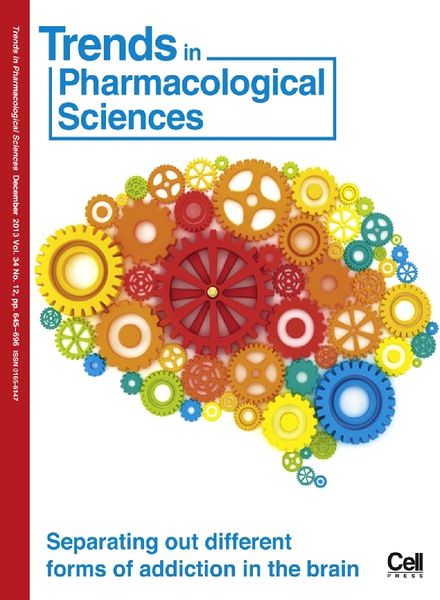
“The active ingredient in cannabis can improve the appetites and sense of taste in cancer patients, according to a new study published online in the cancer journal, Annals of Oncology today.
Loss of appetite is common among cancer patients, either because the cancer itself or its treatment affects the sense of taste and smell, leading to decreased enjoyment of food. This, in turn, can lead to weight loss, anorexia, a worse quality of life and decreased survival; therefore, finding effective ways of helping patients to maintain a good diet and consume enough calories is an important aspect of their treatment.
The majority of THC-treated patients (64%) had increased appetite, three patients (27%) showed no change, and one patient’s data was incomplete. No THC-treated patients showed a decrease in appetite. By contrast, the majority of patients receiving placebo had either decreased appetite (50%) or showed no change (20%).
Although there was no difference in the total number of calories consumed by both groups, the THC-treated patients tended to increase the proportion of protein that they ate, and 55% reported that savoury foods tasted better, whereas no patients in the placebo group reported an increased liking for these foods. (Cancer patients often find that meat smells and tastes unpleasant and, therefore, they eat less of it).
In addition, THC-treated patients reported better quality of sleep and relaxation than in the placebo group.”
More: http://www.medicalnewstoday.com/articles/217062.php


1942-7611/asset/olalertbanner.jpg?v=1&s=4b27d6a6bed6b58a9935efe70e4f95efc39146bd)

